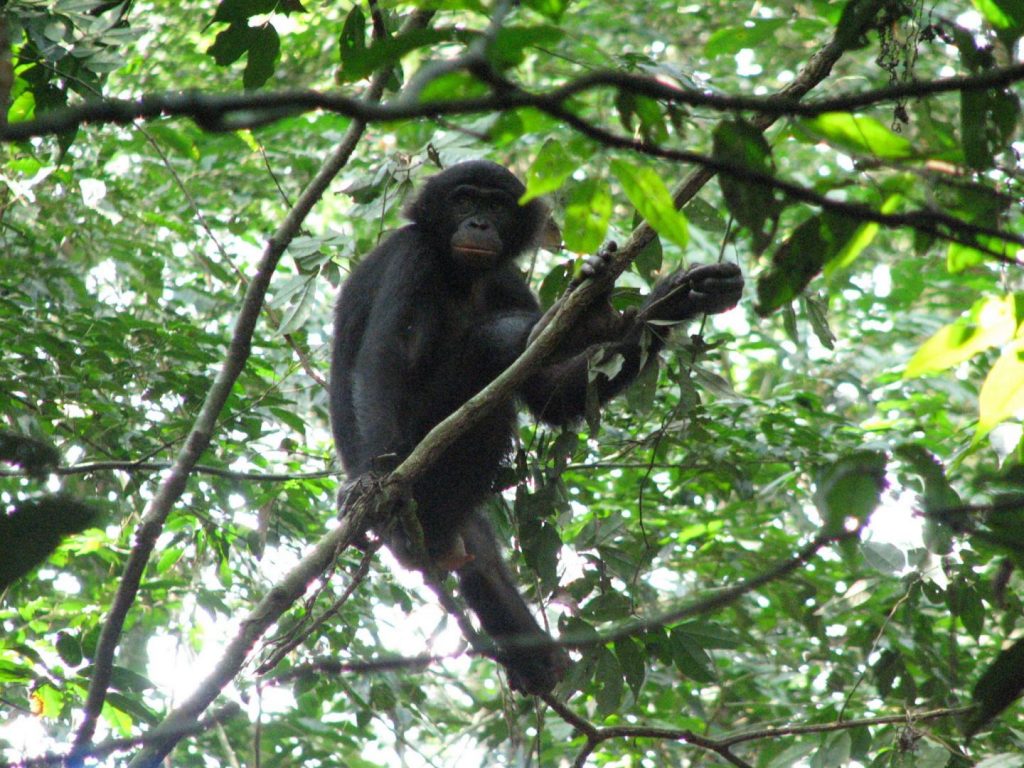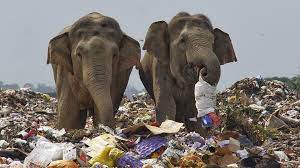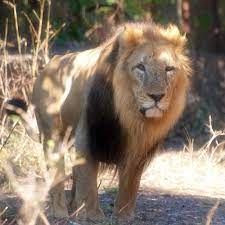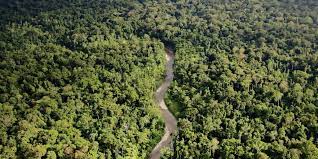It is thought that between global warming and habitat loss, 90% of the remaining great ape range will be lost – potentially as early as 2050!

The loss of these rainforests will make climate change mitigation far harder, and I do not wish for my grandchildren to grow up in a world where there is no such thing as a large rainforest. As elsewhere, the loss of the apex species such as great apes both makes conservation harder, and imperils the ecosystem as a whole, as less visitors come so there is less money for protection.

















